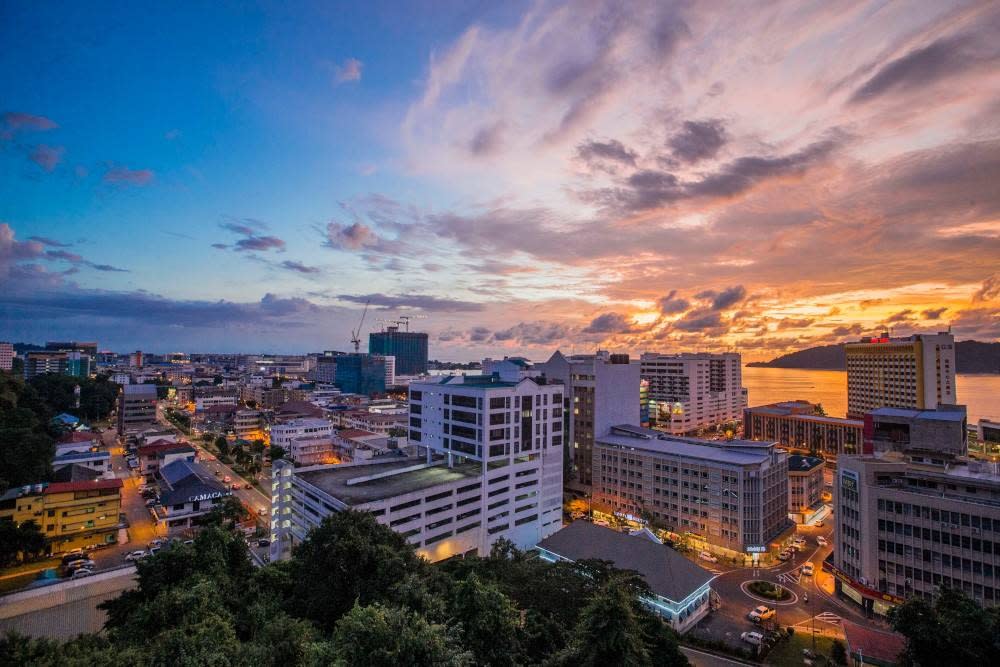India’s envoy says Sabah more attractive to investors with Indonesia’s Nusantara move

KOTA KINABALU, May 26 — India’s businesses will be more keen to invest in Sabah with Indonesia’s decision to move its capital to the adjoining Kalimantan, said H.E B.N. Reddy.
India’s high commissioner to Malaysia said this would address investors’ tendency to overlook Sabah in favour of the peninsula.
He also said the state government’s Sabah Maju Jaya (SMJ) digital roadmap could create more opportunities in the Internet technology sector.
“Indian companies are keen to participate in the digital roadmap of SMJ, renewable energy and investments in other sectors.
“They recognise now that Sabah has this visionary plan to bring about reforms and they are interested to see if they can set up base here,” he said.
Reddy and a group of businessmen from India met with Chief Minister Datuk Seri Hajiji Noor today and discussed possible opportunities in the state.
The Indian envoy said there were nearly 250 companies from his country that were based in Malaysia and most were located in West Malaysia, but these would now pay greater attention to Sabah.
Earlier, Reddy launched his country’s visa centre in Sabah, which is the second to reopen nationally after their main office in Kuala Lumpur following the Covid-19 pandemic.
He said their centres in Penang and Johor will reopen soon, adding they will set up another centre in Melaka in future.
He said that with more visa centres reopening, tourism activities between the two countries would hopefully resume.
In 2019, pre-pandemic, some 700,000 Indian nationals travelled to Malaysia, including 5,000 who visited Sabah.
At the same time, some 335,000 Malaysians travelled to India in the same year.
“There are currently 74 direct flights from India to Malaysia a week now but our estimate they will be back to 250 flights a week, covering 14 destinations in India, which was the rate pre-Covid time,” he said.
He said that Sabah was missing out on tourism opportunities as there needed to be more concerted efforts by tour and travel operators to attract Indians to the state.
He pointed out that digital marketing was among the ways to increase visibility for Sabah, as well as promoting it to the film industry as a means to make more Indians take note of the state.
“India makes over 1,000 films per annum and Peninsular Malaysia is particularly very popular with Indian shoots.
“This is another area to consider. This will become a very important medium through which Indians become more aware of Sabah,” Reddy said.



